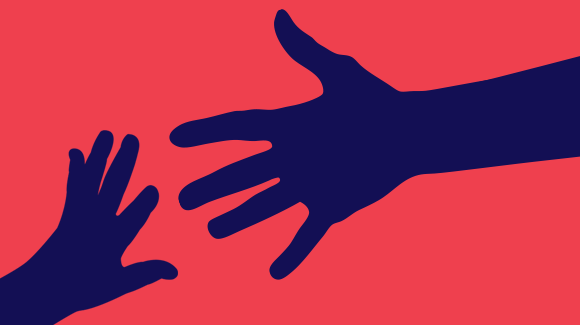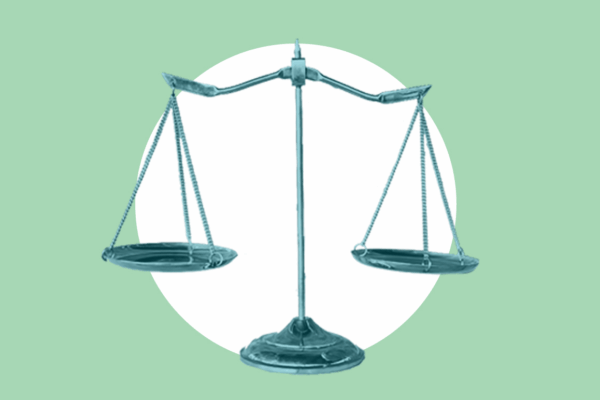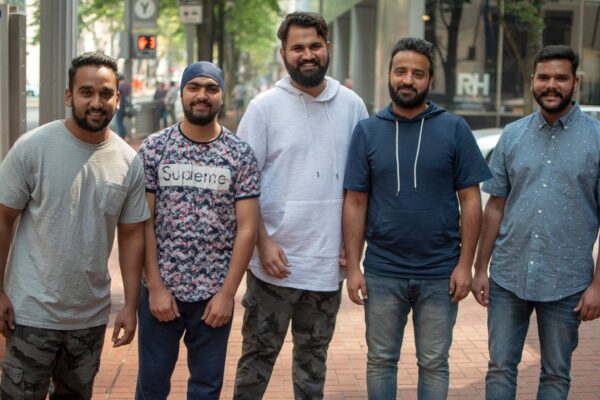SHERIDAN, Ore. – The American Civil Liberties Union of Oregon and Innovation Law Lab said today that pro bono legal teams were again denied access to the federal prison in Sheridan where 121 asylum seekers are currently being detained by Immigration and Customs Enforcement (ICE). The groups wrote a letter to ICE earlier this week demanding access to the detainees.
“I am shocked that our legal teams were turned away again,” said Mat dos Santos. “Local ICE officials keep telling us we can meet with the detainees, but when we go to the prison we are turned away. This is unacceptable.”
The groups said that they notified ICE last night that they would send a team today to visit four detainees who have requested legal representation. This afternoon, the first legal team was turned away at the gate during the visiting hours and denied access to the detainees. Another pro bono legal team was scheduled to give a “Know Your Rights” presentation to some of the detainees this evening, but they were also turned away at the gate. A group of six clergy and faith leaders were also turned away from entering the prison today.
Dos Santos said he is also disturbed by reports of conditions at the prison including detainees being confined to their cells over 22 hours per day as well as a scabies outbreak.
“The men who are being detained by ICE at Sheridan prison are suffering,” said Mat dos Santos, legal director at the ACLU of Oregon. “We will not stop fighting to get pro bono attorneys in to meet with the detained men. Sheridan clearly is ill-equipped to house immigrant detainees and the local ICE staff seems to be in way over their heads.”
The asylum seekers were sent to Oregon during the unprecedented move of 1,600 ICE detainees to federal prisons in five states earlier this month. The ACLU of Oregon submitted a FOIA request this week seeking information on the decision to move the people now at the federal prison in Sheridan and any policies or guidelines for handling the detention of immigrants there. They are also seeking information about whether detainees are being allowed to locate and contact their missing family members.
The 121 detained men are from 16 countries and speak 13 languages. Advocates believe that they have been in detention since mid-May after being detained while seeking asylum at southern border.



